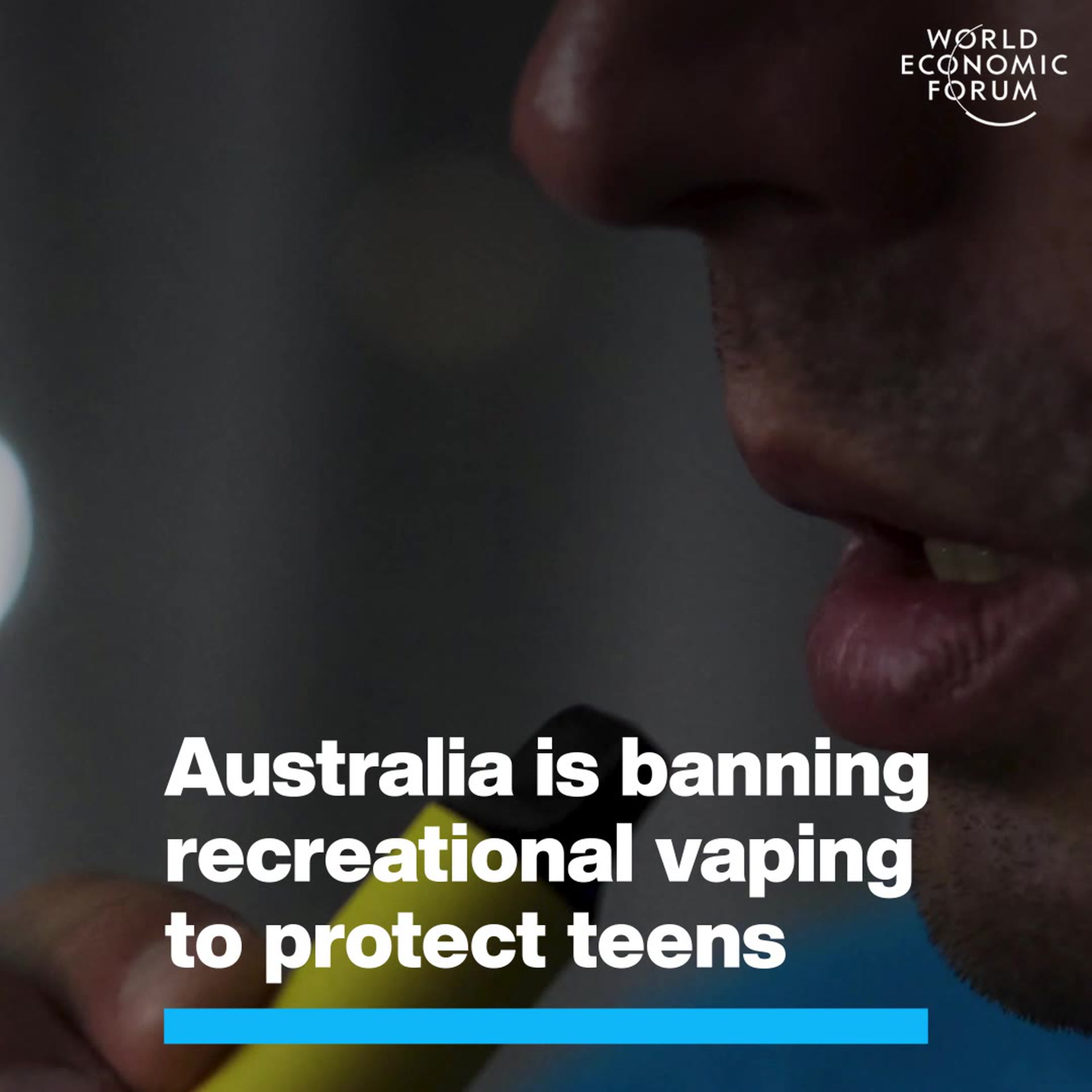More than half of Australia's shallow reef species in decline as oceans warm

57% of Australia's shallow reef species were found to be in decline. Image: REUTERS

Get involved with our crowdsourced digital platform to deliver impact at scale
Stay up to date:
Australia
- More than 50% of the species that live in Australia’s shallow reefs have declined in numbers over the past decade, EcoWatch reports.
- There is evidence that the climate crisis is a main driver of these declines, as cool-water species were the most harmed while some warm-water species increased.
- The study only included species spotted at least 60 times, which means rare species could be falling through the cracks.
More than 50 percent of the species that live in Australia’s shallow reefs declined in numbers as ocean waters warmed over the past decade.
That’s the “alarming” finding from the country’s largest survey yet of marine life, which found that the numbers of more than 500 species had fallen.
“This is very concerning to me,” study lead author and University of Tasmania marine ecology Professor Graham Edgar told The Guardian. ‘I’ve been swimming up and down counting fish and seaweed for more than 30 years and I’ve seen first-hand the effect of warming on the system. With the direction this is going, it’s a huge worry.”
The research, published in Nature Wednesday, looked at the numbers of 1,057 common species found in 1,636 different locations. It found that 57 percent of them were in decline, with 43 percent increasing, Edgar noted on Twitter. Of the species in decline, around 28 percent of them had seen their numbers fall by 30 percent or more, according to The Guardian. That would be enough for them to qualify for threatened status on the International Union for Conservation of Nature Red List, Australia’s ABC News reported. Within that number, 138 species would qualify as endangered or critically endangered.
There is evidence that the climate crisis is a main driver of these declines, as cool-water species were the most harmed while some warm-water species increased. The study authors noted that population numbers tended to fall after marine heat waves, and that more than 30 percent of shallow invertebrates living in Australia’s cooler southern waters faced the threat of extinction. These animals were especially imperiled because deep ocean barriers prevent them from moving further south to cooler waters, and their loss would be an especial blow to global biodiversity.
What's the World Economic Forum doing about the ocean?
“These cold water species around Tasmania, southern Australia, 70 per cent of these species occur only in Australia, compared to 3 per cent of tropical species,” Dr. Asta Audzijonyte from the Institute for Marine and Antarctic Studies at the University of Tasmania, who was not involved with the study, told ABC News. “So if a species goes extinct [in the south], that’s it. It’s gone from Earth.”
On his Twitter feed Edgar shared striking images of some of the dwindling species. These included the common sea dragon, whose numbers had declined by more than half in 10 years, and an electric ray called the coffin ray whose numbers had plummeted by more than 90 percent.
Another animal that suffered after a 2011 heat wave was the living fossil Campanile symbolicum, the only species in its family. On the flora side, endemic Tasmanian kelp saw its numbers decline by 69 percent.
The study was conducted with the help of more than 100 citizen scientists through the Reef Life Survey project, according to ABC News. While this provided an impressive level of detail, the study still only included species spotted at least 60 times, which means rare species could be falling through the cracks.
“We’re really only looking at the tip of the iceberg here. Species could be going extinct now,” Edgar told The Guardian.
Don't miss any update on this topic
Create a free account and access your personalized content collection with our latest publications and analyses.
License and Republishing
World Economic Forum articles may be republished in accordance with the Creative Commons Attribution-NonCommercial-NoDerivatives 4.0 International Public License, and in accordance with our Terms of Use.
The views expressed in this article are those of the author alone and not the World Economic Forum.
Related topics:
The Agenda Weekly
A weekly update of the most important issues driving the global agenda
You can unsubscribe at any time using the link in our emails. For more details, review our privacy policy.
More on AustraliaSee all
Chris F. Wright
February 9, 2024
Charlotte Edmond
December 21, 2023
Andrea Willige and Ian Shine
November 27, 2023
Robert Costanza, Elizabeth Rieger, Ida Kubiszewski and Paul Dugdale
July 24, 2023
Iftekhar Ahmed
February 24, 2023






